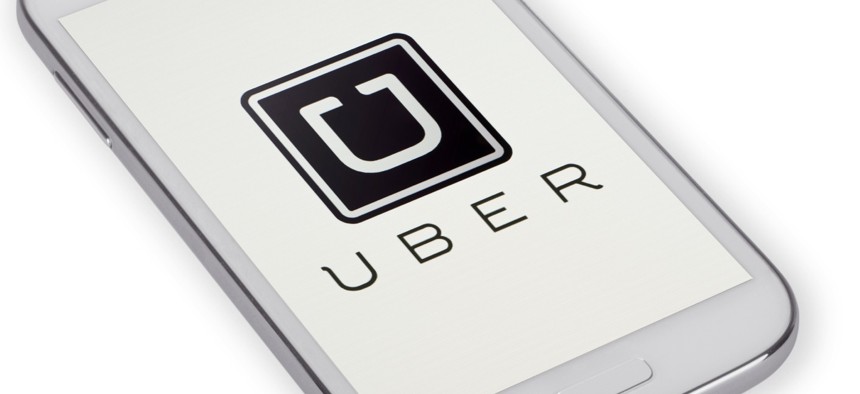Uber’s New Headache in Seattle

tanuha2001 / Shutterstock.com

Connecting state and local government leaders
Councilmember’s plan could give for-hire drivers a path toward collective-bargaining power.
Lyft and Uber drivers in Seattle would be able to organize and collectively bargain over pay and working conditions under a proposal a City Council member there floated on Monday.
Councilman Mike O’Brien said he plans to formally introduce a bill on Sept. 8 that would make for-hire drivers in Seattle eligible for representation through “driver representative organizations.”
The city would certify these groups, which would be registered as nonprofit organizations, but would function much like unions. O’Brien intends for the bill to cover drivers using app-based dispatch services such as Lyft and Uber, as well as those piloting taxicabs and other for-hire vehicles.
Each of the organizations would have to demonstrate that a majority of the eligible drivers at a specific company want to be represented. Once that’s verified, the organization would be able to engage in collective bargaining with the company on the behalf of those drivers.
The bill would also establish penalties for companies that fail to comply with the new framework, such as fines, or the revocation of regulatory licenses.
“Too many drivers in this industry are unable to earn a living wage, or even the minimum wage,” O’Brien said in a statement on Monday. “We know that when workers come together to use their collective voice, they can make meaningful changes in their pay and working conditions.”
The councilman argues that for-hire drivers currently lack a mechanism to directly address concerns over pay and other issues with the companies they drive for.
He also points out that because the drivers are considered independent contractors they are not covered by the National Labor Relations Act, the federal statute which guarantees employees the right to organize and bargain collectively with their employers.
It’s unclear whether the somewhat unusual model O’Brien has proposed for providing the drivers with a path toward collective bargaining could survive a court challenge.
Asked for a response to the proposal, a representative for Uber emailed a statement that said the company “is an important contributor to the local economy in Seattle—helping to create new opportunities for many people to earn a better living.”
A press release announcing O’Brien’s plan featured a comment from Takele Woldemariam, of the App-Based Drivers Association, a group that works closely with Washington’s Teamsters Local 117, and says that it represents “hundreds of Uber and other drivers.”
“I got help from a C.P.A. to prepare my 2014 taxes,” Woldemariam said. “He told me I made $2.75 an hour last year as an UberX driver.”
Seattle isn’t the only place where labor issues tied to ride-booking services have emerged.
In June, the California Labor Commissioner’s Office issued a ruling that said an Uber driver there should be classified as an employee, not as an independent contractor.
The company has appealed that ruling.
(Photo by tanuha2001 / Shutterstock.com)
Bill Lucia is a Reporter for Government Executive's Route Fifty. He previously covered Seattle city government for Crosscut.com.

NEXT STORY: Wilmington Phases In a Green Vehicle Fleet





